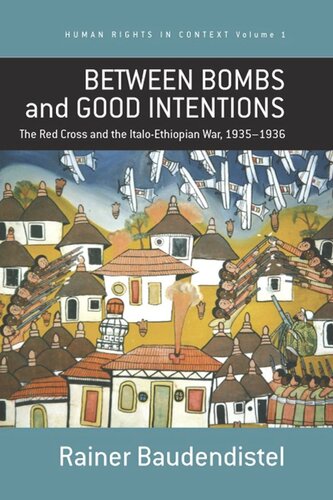

Most ebook files are in PDF format, so you can easily read them using various software such as Foxit Reader or directly on the Google Chrome browser.
Some ebook files are released by publishers in other formats such as .awz, .mobi, .epub, .fb2, etc. You may need to install specific software to read these formats on mobile/PC, such as Calibre.
Please read the tutorial at this link: https://ebookbell.com/faq
We offer FREE conversion to the popular formats you request; however, this may take some time. Therefore, right after payment, please email us, and we will try to provide the service as quickly as possible.
For some exceptional file formats or broken links (if any), please refrain from opening any disputes. Instead, email us first, and we will try to assist within a maximum of 6 hours.
EbookBell Team

5.0
110 reviewsThe wars in Afghanistan and Iraq have highlighted again the precarious situation aid agencies find themselves in, caught as they are between the firing lines of the hostile parties, as they are trying to alleviate the plight of the civilian populations. This book offers an illuminating case study from a previous conflict, the Italo-Ethiopian war of 1935-36, and of the humanitarian operation of the Red Cross during this period. Based on fresh material from Red Cross and Italian military archives, the author examines highly controversial subjects such as the Italian bombings of Red Cross field hospitals, the treatment of Prisoners of War by the two belligerents; and the effects of Fascist Italy’s massive use of poison gas against the Ethiopians. He shows how Mussolini and his ruthless regime, throughout the seven-month war, manipulated the International Committee of the Red Cross (ICRC) – the lead organization of the Red Cross in times of war, helped by the surprising political naïveté of its board. During this war the ICRC redefined its role in a debate, which is fascinating not least because of its relevance to current events, about the nature of humanitarian action. The organization decided to concern itself exclusively with matters falling under the Geneva Conventions and to give priority to bringing relief over expressing protest. It was a decision that should have far-reaching consequences, particularly for the period of World War II and the fate of Jews in Nazi concentration camps.